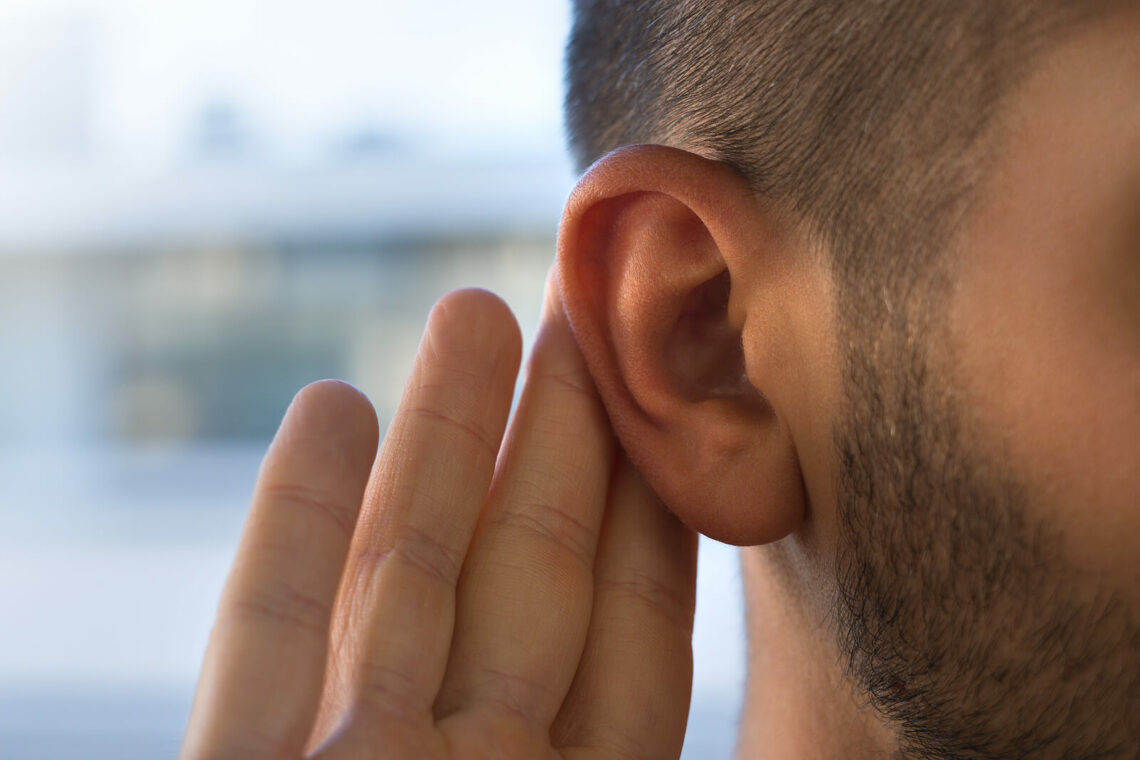There tends to be a delay in treating hearing loss, one of the most common health conditions people live with today. Hearing loss impacts over 48 million people and even through it is pervasive, it still remains widely undertreated. In fact, it takes an average of 7 years for people to address their hearing loss symptoms. Untreated hearing loss can worsen hearing impairment as well as the toll it often takes on communication, relationships, social life, and overall health. To avoid this, it is important to be proactive about your hearing health. This includes recognizing early signs and intervening which can significantly support your hearing health and wellness.
Causes of Hearing Loss
Numerous factors can contribute to the development of hearing loss. A few of the most common causes include the following:
- Aging: the risk of developing hearing loss increases with age. It is estimated that 1 in 3 adults, ages 65-74 have hearing loss. This increases to 1 in 2 adults, ages 75 and older who have disabling hearing loss. A few factors contribute to this including the cumulative toll of loud noise exposure, changes to the ears that may happen over time, and/or existing medical conditions that impact older adults disproportionately and are linked to hearing loss.
- Loud noise: it is estimated that over 30 million people are regularly exposed to loud noise. One time or consistent exposure to loud noise can damage the sensory cells in the inner ear. These cells play a major role in how sound is processed, converting incoming soundwaves into electrical signals that get sent to the brain. The brain is then able to further process these cells, including assigning meaning to them. Loud noise can desensitize and weaken these cells, reducing their ability to effectively process soundwaves.
- Medical conditions: extensive research shows that several medical conditions can increase the risk of developing hearing loss. This includes cardiovascular disease, hypertension, diabetes, and osteoporosis. These conditions can affect blood vessels, restricting blood flow throughout the body including the ears where sound is processed.
Other causes of hearing loss include: inner ear disorders, head injuries, autoimmune conditions, and ototoxic medications.
Signs of Hearing Loss
Hearing loss typically occurs gradually so symptoms may not be immediately recognized. This contributes to a delay in treatment which can worsen hearing loss. Being able to recognize symptoms supports early intervention which can transform hearing health. Early signs of hearing loss include:
- Tinnitus: a ringing or buzzing like noise in one or both ears that only you can hear.
- Sounds are muffled or distorted.
- Struggling to hear in places with background noise.
- Needing to increase the volume on the TV and/or other electronic devices.
- Asking others to repeat what they said or to speak louder.
- Lip reading to identify individual words.
- Pretending to hear to get through a conversation.
- Moving to a quieter space to be able to hear more clearly.
- Hearing is better in one ear compared to the other.
- Hearing on the phone is challenging.
- Finding yourself saying “huh” or “what” often.
- Feeling drained after conversations and social interactions.
These symptoms can range from mild to more profound, depending on the degree of hearing loss present. Symptoms make it difficult to hear and engage in conversations and to cope, it is common for people to avoid communication as much as possible.
This often includes spending less time with loved ones, skipping out on social activities, not participating in hobbies as much etc. Social withdrawal is another sign of hearing loss, one that not only impacts relationships but mental health. Extensive research shows that untreated hearing loss can increase the risk of depressive symptoms. These effects highlight the importance of seeking treatment!
Diagnosing & Treating Hearing Loss
The first step towards treating hearing loss is getting your hearing evaluated by a hearing healthcare specialist. This involves a painless process that measures your hearing capacities in both ears. Once your hearing needs are identified, treatment is tailored to meet those needs. The most common treatment for hearing loss is hearing aids – electronic devices that help absorb and process speech as well as sound. This strengthens hearing and communication which offers major benefits including improving relationships, enriching social life, and supporting overall health. Contact us today to schedule an appointment for a hearing consultation!

